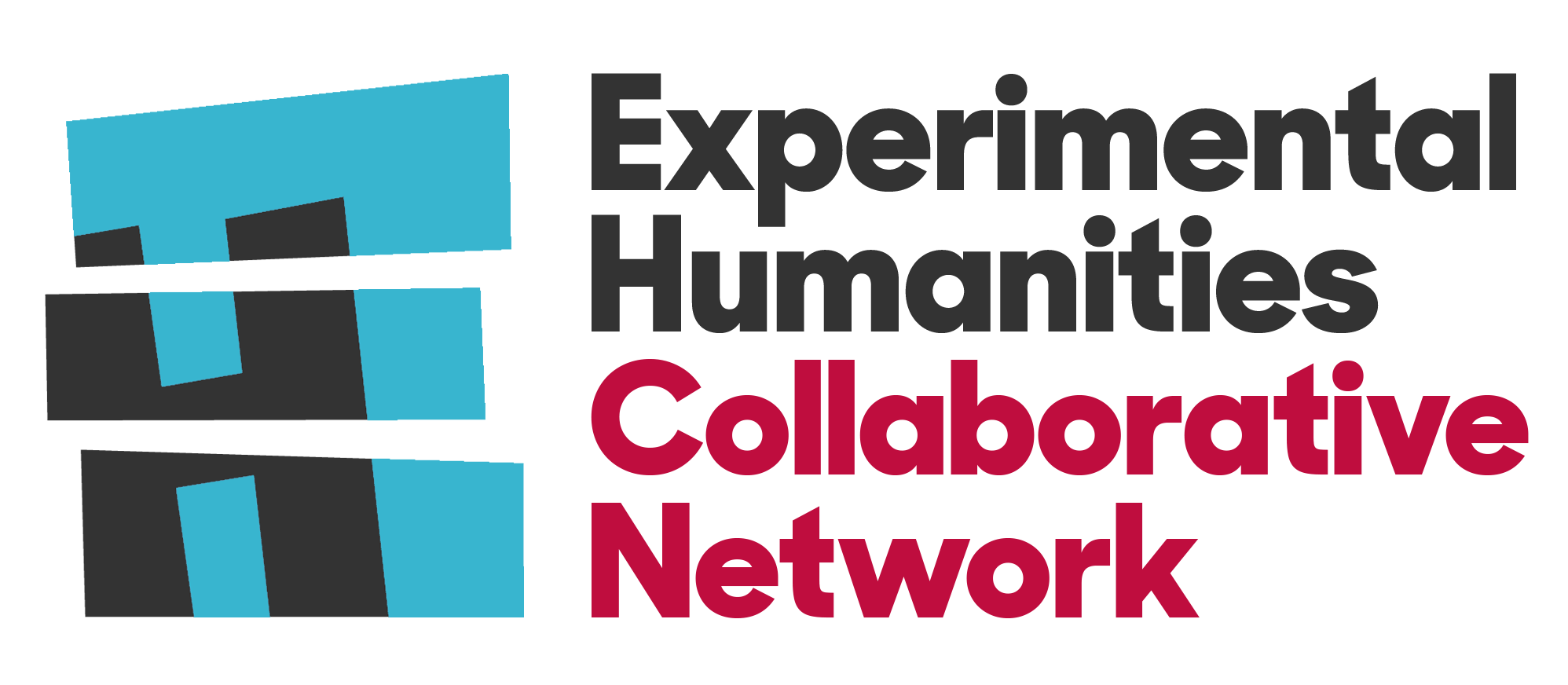Welcome to The Experimental Humanities Collaborative Network
EHU DAAD Go East Summer School: Platformization, Digital Disinformation and Non-Democratic Politics: Belarus in Comparative Perspective
European Humanities University
The Summer School conceptually exploited the tension between the logics of infrastructures as stable and usually state owned and those of digital platforms as constantly re-programmable and privately owned, and the ways this opposition develops and stands out in post-Soviet authoritarianism and in comparable cases.
The ‘infrastructural lens’ in the social sciences and cultural studies provides not only the conceptual apparatus to dismantle various configurations of political power in times of platformization. It also contributes analytical instruments to identify drivers of political change. Infrastructures and digital platforms are political in terms of the resources, alliances, flows, modes of behaviour, interactions, claims, representations, and artifacts they enable. Which new civil society actors and assemblages have gained momentum in Belarus and in the other non-democracies due to digitalization and platformization? And what may be their future prospects in the long-term? On the one hand, the Summer School asks: which instruments have been used by authoritarian states to disrupt the diverse agencies of civil society actors? What elements of non-democratic politics, including misinformation, disinformation or populistic usage of contemporary “rewired” propaganda can be identified in the current platformized societies? And, furthermore, what is the remaining potential for civil society action in platformized societies going through harsh repressions?
The Summer School provided:
- Work in a medium-sized interdisciplinary group (16 participants and 3-4 tutors)
- Lecturers and tutors with expertise in the topic of the Summer School
- Tools for AI powered analysis of social media platforms
- Meetings and networking with the representatives of Belarusian NGOs, civic tech,
- independent media, and research organisations
- Cultural program in Vilnius and in Kaunas
- Time for individual work
- 3 ECTS credit points (upon completion of final project on topic of the Summer School)
Learning outcomes:
- Lectures on the political dimension of infrastructures and digital platforms
- Lectures on digital disinformation
- Skills of analytical work with activists’ and organisations’ real-life dilemmas in Belarus and other non-democracies
- Skills of data-driven analysis of social media audience and impact
- A block of lectures on contemporary Belarusian society, culture and politics
- Guided development of individual and joint projects



















